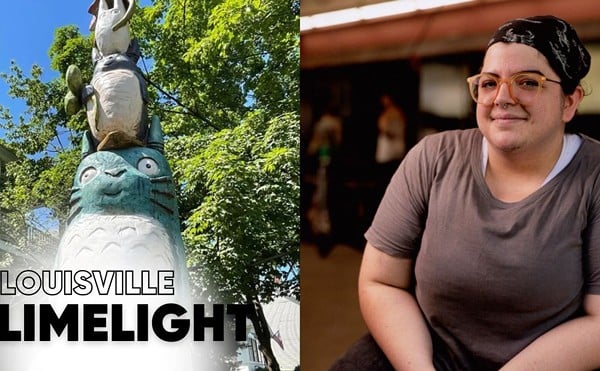Kentucky parents of transgender children are arguing that children in states like Kentucky and Tennessee need medication to help their transgender students, as bans in the two states discriminate against transgender youth.
As a result of said discrimination, other youth are getting the medication that these transgender children need, and they are unable to obtain the only treatment for their severe distress caused by gender dysphoria.
“The parents challenging these laws have seen firsthand the positive impact appropriate medical care has had on their children’s wellbeing, and the detrimental health impacts their kids experience without it,” said Corey Shapiro, Legal Director at the ACLU of Kentucky. “Denying these treatments to transgender youth who need them is not only unlawful, it is heartbreaking for parents. We are proud to represent these Kentucky families and will continue to fight for their right to make decisions for their families without government interference.”
According to the ACLU of Kentucky, medical professionals say that the established treatments for transgender youth are safe, effective and “necessary to protect transgender adolescents’ wellbeing.”
Despite the consensus, 26 states have passed laws that ban this medical care for transgender youth. In U.S. v. Skrmetti, the Supreme Court is reviewing an opinion from the Sixth Circuit Court that would reverse district court decisions that blocked these bans in Tennessee and Kentucky.
“If America is to make good on its promises of freedom without favor and equality without exception, families and their doctors, not politicians, must be able to make health care decisions for transgender youth,” said Rachel Laser, president and CEO of Americans United for Separation of Church and State. “We urge the Court to protect everyone’s right to live as their true selves, free from discrimination or litmus tests, and to access the medical care they need.”








